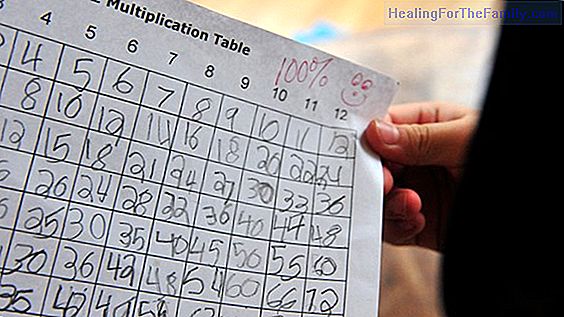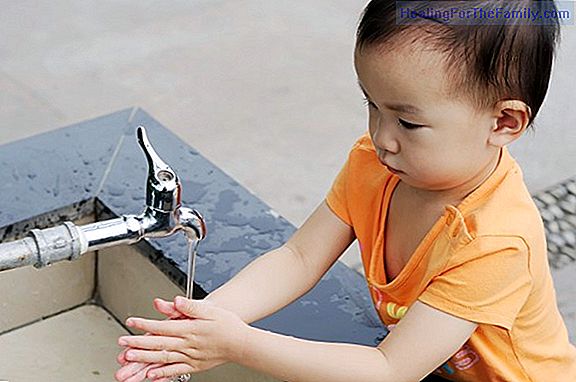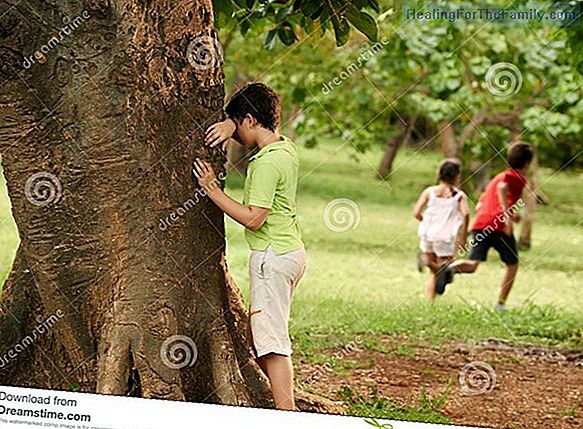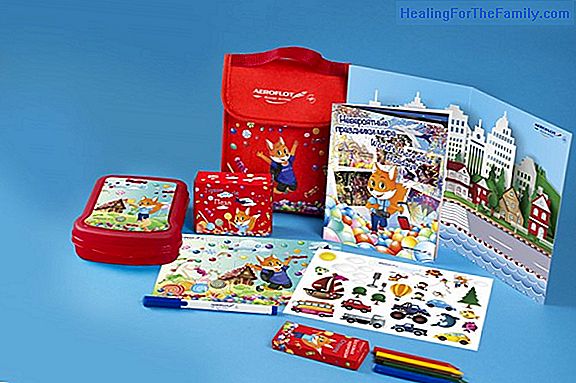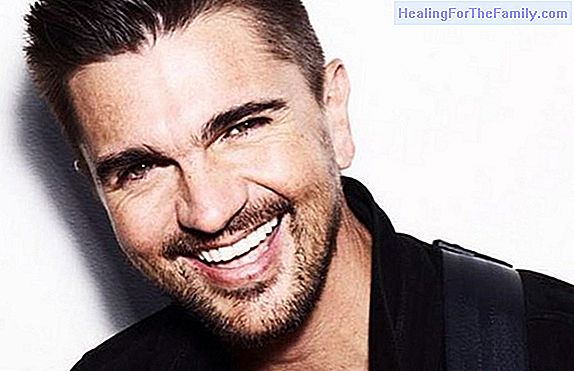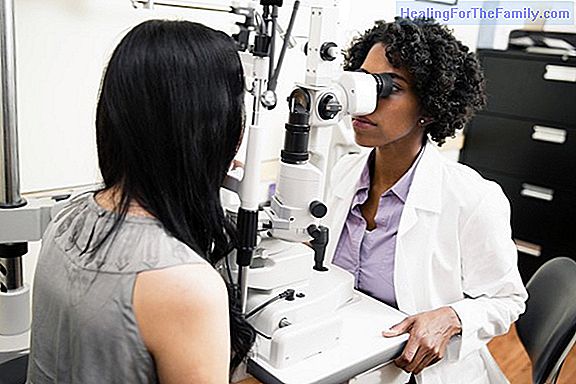How to transform the child's defects into virtues
Personally I start from the basis that a child when born is a pure and clean being that has no defects , so this article should end in this same sentence, but I want that you better understand this position. A child that comes into the world is a clean being, without defects, a child that must be pr
Personally I start from the basis that a child when born is a pure and clean being that has no defects, so this article should end in this same sentence, but I want that you better understand this position.
A child that comes into the world is a clean being, without defects, a child that must be protected, cared for and loved before all things. The adults who care for him, protect him and give him love are the same people who can later accuse the child of having defects, but these "defects" are only a reflection of the defects of the parents who have been inculcating them. small from the moment they were born until today.
When the defects of children are actually virtues
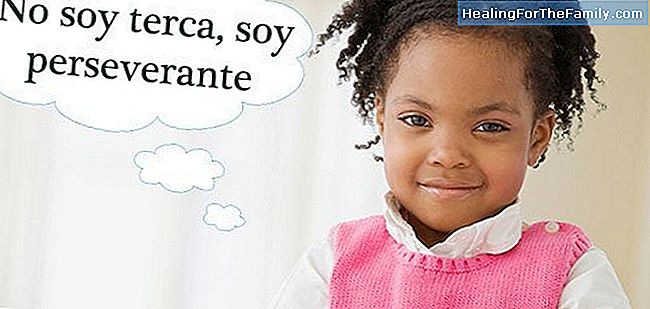
It is curious when we know that the 'defects' of children are present only a change in the attitude of the parents' behavior is needed so that the children can improve almost automatically. Because I insist again, parents are the key to education and emotional intelligence of children so that they can learn appropriate or inappropriate behavior.
But then we can find the personality of the little ones, children who are 'big headed', 'clueless', 'moved', 'bad', because I have to tell you that those four words with all the others that there may be are only labels that adults attribute them but they are not real, none of them.
Why you should never 'label' children
Labels are dangerous because the children who receive them think they really are 'big headed', 'clueless', 'moved' or 'bad' and begin to act accordingly. of what parents and adults tell them, because for them they are their maximum 'representatives'. And then it seems that these labels are met, but they are fulfilled because adults provoke it.
So instead of seeing the children's shortcomings so clearly, why not start to see the virtues in them and start to change the discourse?
For example, instead of calling a child 'stubborn' you really have to call what it is: 'tenacious'. Or instead of calling it 'clueless' better 'creative', instead of 'moved or bad' 'explorers and curious' and so on with any label that speaks of defects when in reality (and can always change) is spoken of virtues .
Only in this way can children look inside themselves and discover how they really are, seeing in themselves effective and capable beings, something essential for their proper development and personal growth in each of the stages.


